Although there is a large quantity of National Parks, Nature Reserves, and Natural Monuments, the number can still be increased as there are places of great natural scenic value, or of great natural ecological value, or both at the same time, which qualify them to be integrated in the Argentine National System of Protected Areas. This system can also include cultural areas.
Protected area: protected natural areas are surfaces with certain exceptional natural and/or cultural characteristics, chosen by men to preserve, under a legal framework, a representative portion of one or various ecosystems.
The national system of protected areas currently has in Mendoza the following categories:
Provincial Park: as its name suggests, parks are often natural areas of special scenic beauty, or failing that, areas of great ecological value. They are areas protected in their natural state, they represent a geographical region of the fauna or of the fauna in particular, and they are of great scientific interest. In a national park, human activity is reduced to a minimum.
Nature Reserve: a natural space of which its declaration aims at protecting a landscape, a species, an ecosystem, a community, or a biological element that due to its rarity, its fragility, importance or singularity deserves a special valuation. In a Nature Reserve, the economic activity performed by men is limited; they should not affect negatively the natural heritage.
Natural Monument: Natural Monuments are areas, things, or animal species of aesthetic interest, historical or scientific value, to which an absolute protection is given. It is mainly inherent to the mineral kingdom, for example, geo formations (curious and attractive geological formations), petrified forests, fossils, or geologically special landscapes. Inside these protected spaces the following activities are not allowed:
- Lighting fires
- Collecting firewood
- Hunting
- Littering
- Removing fossils, archeological or geological remains
- Writing, or doing any other alterations to the landscape
Mendoza has a net of protected natural areas (PNA) made up of 16 nature reserves, which comprise approximately 12% of the surface of the province. This area is spreading since the law 6045 was passed, which allows a closer approach to international standards suggested to preserve natural heritage.
This system of protected areas is administered by the Department of Renewable Natural Resources which is the institution responsible for compliance with the Law 6045 enacted in 1993. This law states the preservation of Protected Natural Areas and their resources of public interest, for the heritage, cultural, natural, and socioeconomic value they represent. The Ministry of Environment carries out control tasks throughout the province to preserve biodiversity. Provincial Park Ranger Corps, professional inspectors and engineers help with these tasks, and with the management of these areas.
The system of Protected Natural Areas of Mendoza includes eleven nature reserves, two provincial parks, one natural monument, and a private reserve.
The areas protected in Mendoza are the following:
Región Norte
- Parque Aconcagua
- Reserva Puente del Inca
- Reserva Villavicencio
- Reserva Divisadero Largo
- Reserva Bosques Teltecas
- Altos Limpios en Reserva Bosques Teltecas
Parque Aconcagua, Reserva Puente del Inca, Reserva Privada Villavicencio, Reserva Divisadero Largo, Reserva Bosques Teltecas, Reserva de la Biosfera de Ñacuñán.
Región Centro
- Reserva Laguna del Diamante
- Tradición del vino
- Reserva Manzano Histórico-Portillo
- Parque Provincial Tupungato
Reserva Laguna del Diamante, Parque Provincial Cordón del Plata, Reserva Manzano Histórico-Portillo, Parque Provincial Tupungato.
Región Sur
- Reserva Las Salinas del Diamante
- Reserva Hídrica natural Laguna del Atuel
Reserva Las Salinas del Diamante, Reserva Hídrica Natural Laguna del Atuel
Región Sur Patagónico
- Reserva La Payunia
- Reserva Faunística Laguna de Llancanelo
- Reserva Castillos de Pincheira
- Monumento Natural Caverna de las Brujas
Reserva La Payunia, Reserva Faunística Laguna de Llancanelo, Reserva Castillos de Pincheira, Monumento Natural Caverna de las Brujas.
Esta entrada también está disponible en: Spanish Portuguese (Brazil)




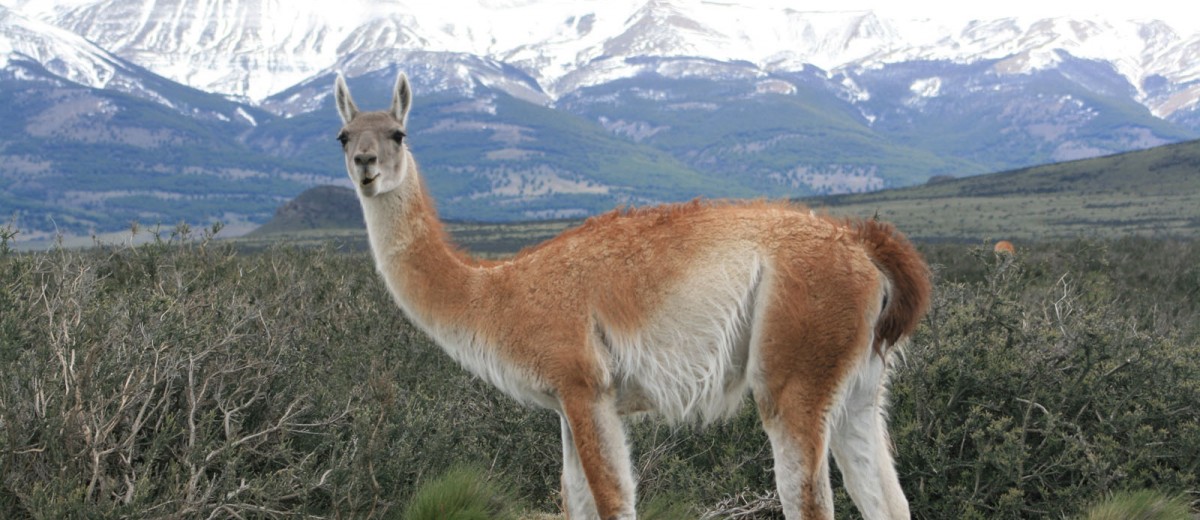
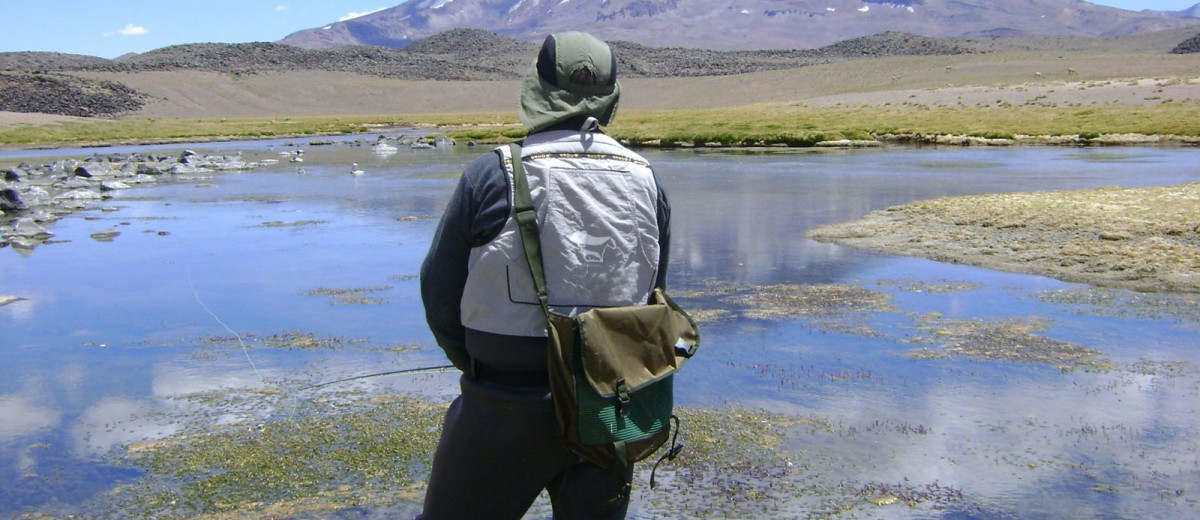
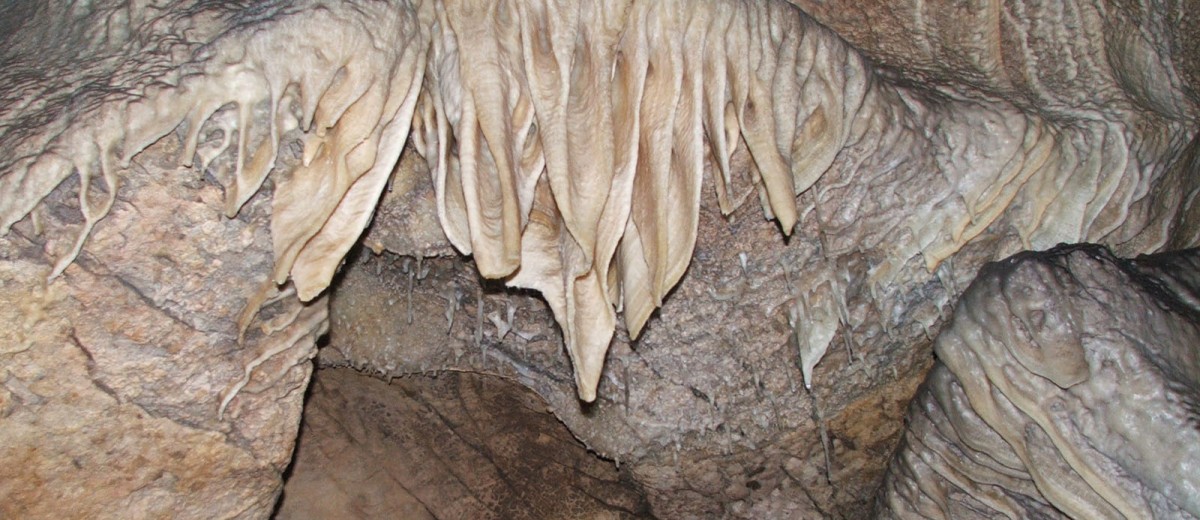
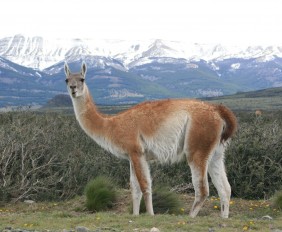
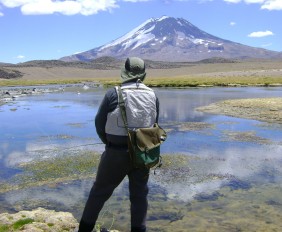
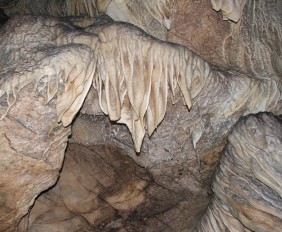
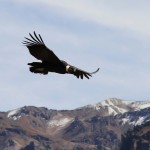
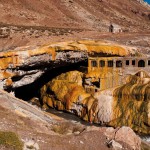
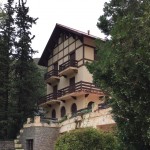
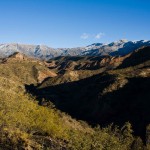
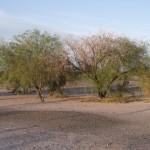
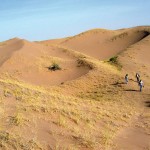
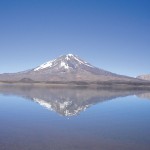
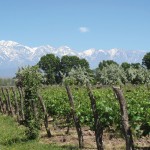
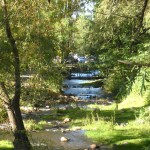
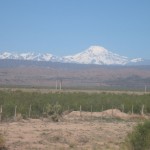
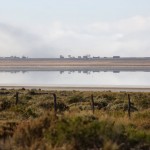
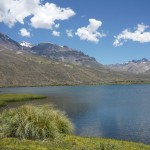
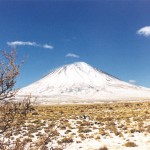
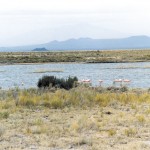
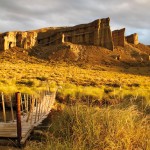
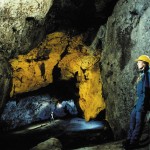
¿Qué te pareció la publicación?